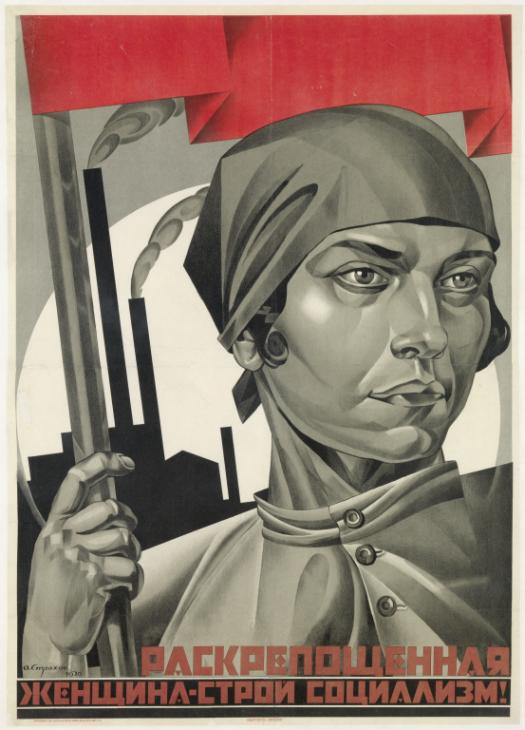
via the Tate Gallery.
Cat Tully writes: This has been the year of the rise of the young women leaders – from Finland’s new Prime Minister Sanna Marin to Greta Thunberg. Finland was an early adopter of foresight in government. So it’s no surprise to see it leading the way on gender equality as well as sharpening its focus on making policy fairer to future generations.
Brilliant women
At SOIF we have been privileged to work with many inspiring women over the last year. One of the joys of working with women (and, of course, enlightened men) is their approach to collaboration, support and solidarity. So on this International Women’s Day we wanted–from a very long list–to highlight the work of two brilliant groups of women.
- All of the women across our global Next Generation Foresight Practitioners (NGFP) network doing incredible work in their local communities. Last year, 13 of the 19 NGFP special awards went to women. Of the men, Shakil Ahmed was also recognised for his work with the HerStory Foundation. The Foundation inspires young women in Bangladesh to imagine better futures for themselves.
- The group of exceptional women embedding fairness to future generations at the Welsh Government. This includes Sophie Howe, Future Generations Commissioner, Jane Davidson, Vice-Chancellor Emeritus at the University of Wales and former Environment Minister, and Amelia John, who runs the government team responsible for making the future generations legislation work.
Widening participation
One of our ambitions in SOIF’s work is to widen participation in both thinking about the future, and making it happen. The voices in the room when we discuss shared futures need to represent both those who will shape the future – and those who will experience it. Being at the forefront of futures thinking is a vital element in involving women in decision-making and policy-making. The proportion of women in parliaments worldwide is still just 24 per cent.
So we welcome the fact that women are coming – at last – to the forefront of the futures field. As in other fields, people are now noticing our work. Being able to collaborate with so many remarkable women gives us hope for the future – for people of all genders.
